A solitary animal refers to an animal whose living habits prefer to live alone. These animals generally do not require social interaction, preferring to move alone and live independently. This article will take stock of the top ten solitary animals, including tigers, leopards, owls, polar bears, black bears, giant pandas, lynxes, king cobras, honey badgers, cats and other solitary animals. Solitary animals are generally located in the higher parts of the food chain, and are relatively Powerful, it is a creature at the highest trophic level and requires a lot of energy.
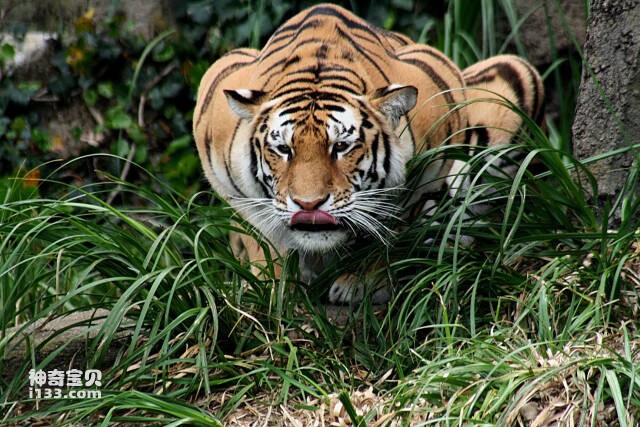
1. Tiger
Tigers are usually solitary animals and act alone when building nests, searching for food and protecting their territory. Tigers are highly territorial animals, requiring a territory of approximately 40 square kilometers to live and reproduce. Tigers roar and scent to mark and maintain their territory and avoid conflicts with other tigers. Each tiger will have its own territory and no other tigers will be allowed to enter its territory. Therefore, tigers are generally solitary animals and do not cooperate with other tigers or form groups. However, during the breeding season, male and female tigers may meet and form a social relationship for a period of time. During mating periods, male and female tigers may live together for days or weeks, but this is also very rare. Once they have reproduced, they live alone again.
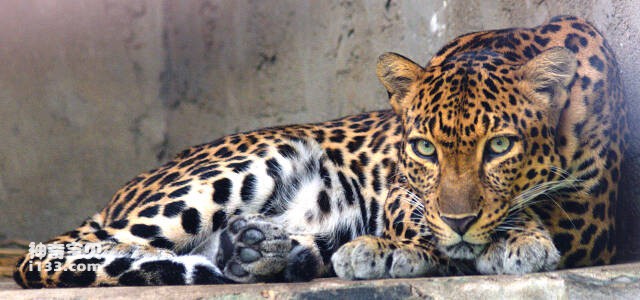
2. Leopard
Leopards are usually solitary animals. They act alone when building nests, foraging for food and protecting territories. Leopards hunt their prey in ambush, usually at night or at dusk, while hiding in trees or rock crevices to rest during the day. Because leopards are good at jumping and climbing and can move quickly, they usually hunt alone and do not cooperate with other leopards. However, during the breeding season, male and female leopards may meet and form a social relationship for a period of time. Male and female leopards may live together for days or weeks while mating, but this is uncommon. Once breeding is over, they live alone again.
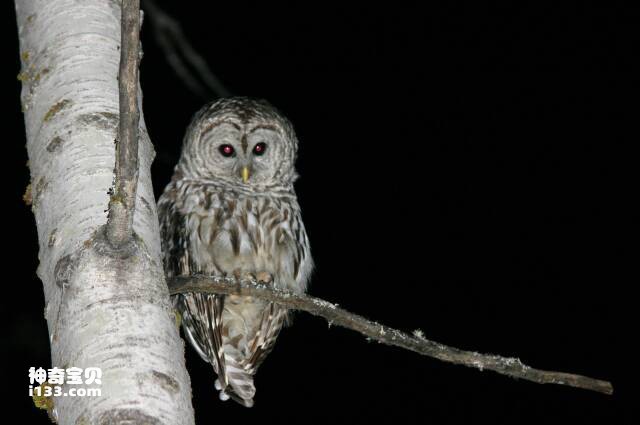
3. Owl
Owls are usually solitary animals and they rarely form groups or social groups. They act alone when building nests, foraging for food and protecting territories. However, during the breeding season (spring to summer), owls form small family groups. Adult males and females work together to care for their young, hunt for food, and protect their territory. Such family groups usually last only a few months, disbanding as the young grow up and move away from the nesting site. In general, owls are solitary animals most of the time but form small family groups during the breeding season.

4. Polar bear
Polar bears are usually solitary animals that travel alone when searching for food, building nests, and protecting their territory. Because the environment in the Arctic is very harsh and food resources are limited, they need a large territory to live and reproduce. In the Arctic, male and female polar bears meet during breeding and form a social relationship for a period of time. While mated, they may work together to find food, protect their young, etc. But this situation is very rare. In most cases, polar bears live alone.
It is worth noting that as climate change and human activities have an increasing impact on the Arctic ecosystem, the social behavior of polar bears may also change. Some studies suggest that in a warmer climate and less ice, polar bears may gather together more frequently as food becomes more scarce. However, this situation still needs further research to verify.
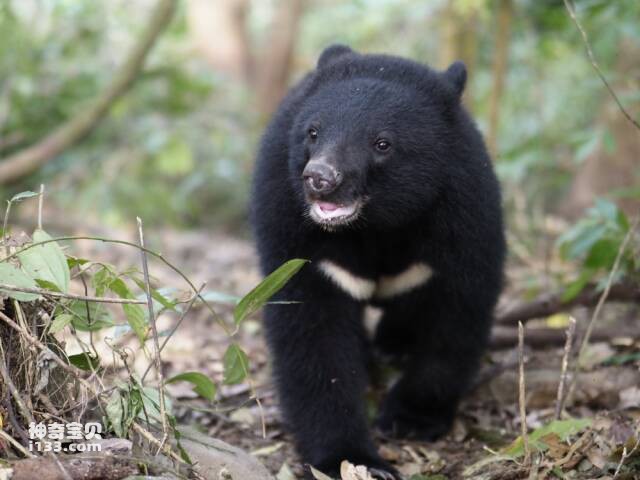
5. Black bear
There are 7 subspecies of Asian black bears, with a body length of about 150 to 170 centimeters and a weight of about 150 kilograms. Their body hair is usually black, shiny, and long. In addition, they usually have white hair on their chin and a "V"-shaped white spot on their chest. As forest animals, black bears have a wide range of activities. In addition to the abundance of food resources, it is also affected by human activities, such as road density, distance between villages, and recreation pressure. Basically, black bears are solitary animals and only meet with members of the opposite sex during breeding periods and may look for food together.
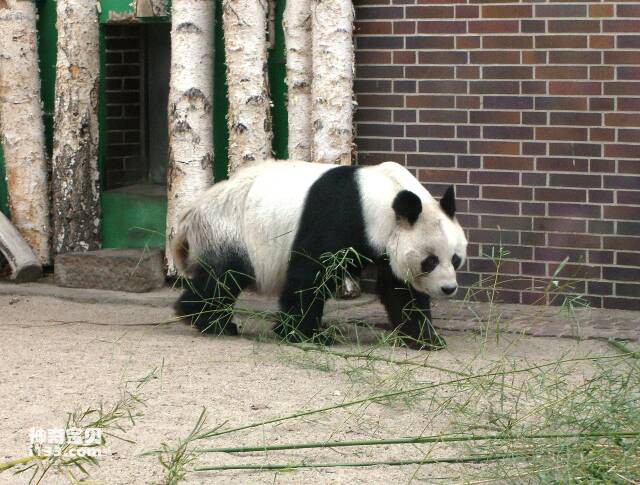
6. Giant panda
Giant pandas are usually solitary animals. They move alone when eating, sleeping and protecting their territory. The giant panda is a carnivorous animal that mainly feeds on bamboo. It needs to consume a large amount of bamboo every day to maintain life. Since giant pandas have limited food sources, they need a wide territory to find food and avoid conflicts with other giant pandas. Giant pandas use scent and sound to mark and maintain their territory and avoid competing with other giant pandas for food. Except for the breeding season, giant pandas generally live alone at other times, and each has its own activity area. After the breeding is completed, the male and female giant pandas live separately again. Pregnancy, childbirth, and childcare are completed by the female giant panda alone.
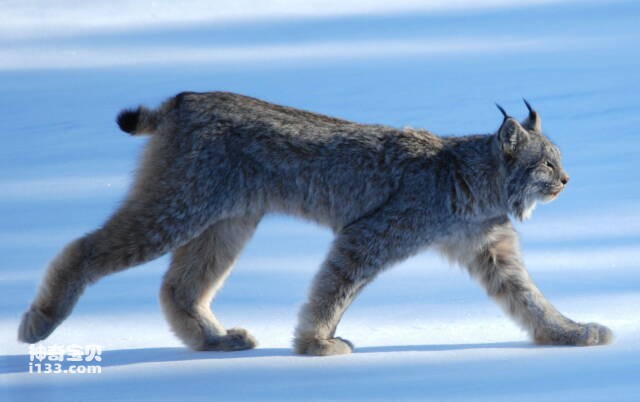
7. Lynx
The lynx belongs to the cat family, with a size between cats and leopards, and much larger than ordinary cats. It has a stout body, a very short tail, and a head that is usually less than a quarter of its body length. The lynx's limbs are also very long and very flexible. The lynx has black standing hairs on its ears and long drooping hairs on its cheeks. Their upper body is light brown, earthy brown, light gray brown or hemp brown, or off-white mixed with light brown; their lower body is light white, yellowish white or sandy yellow.
As a solitary wild animal, lynx is active alone in a wide space. It is a hunter at night and has no fixed nest. Lynx are cunning and cautious in nature. When encountering danger, they will quickly flee to hide in trees. Sometimes they will even lie on the ground and pretend to be dead to avoid enemy attacks and injuries. Lynx is a mysterious animal. They live alone in nature and are one of the representatives of extreme wildness and survival ability.
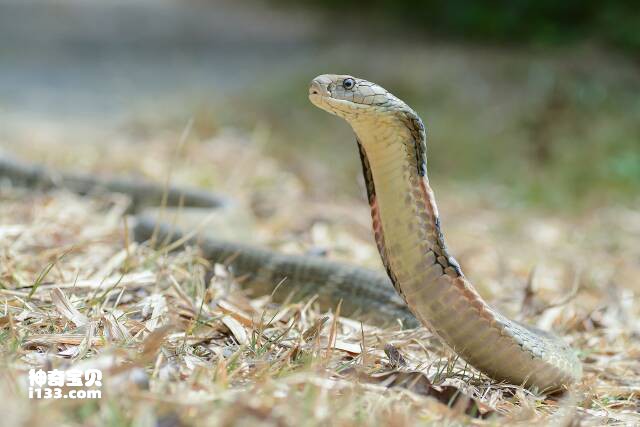
8. King Cobra
The king cobra is also known as the mountain snake, the mountain snake, the big flat-necked snake, the giant cobra, the big flat-headed wind snake, the flat-necked snake, the big swollen-necked snake, the wind snake, the mountain crossing sign, etc. Although it is called "King Cobra", unlike the real cobra, it does not belong to the genus Cobra, but is an independent genus of King Cobra. Compared with other cobras, the king cobra has a more ferocious temperament and extremely quick reactions. Their heads and necks are very flexible and they excrete a large amount of poison, making them one of the most dangerous snakes in the world. Therefore, people must be very careful when approaching this snake to avoid being attacked and injured.
King cobras like to live alone. They usually come out to hunt during the day and hide in rock crevices or tree holes to rest at night. Due to their alert nature, they will often avoid any form of threat as much as possible. Therefore, even professional wildlife conservationists must be very careful and use extreme caution when approaching this snake. King cobras are extremely dangerous snakes with ferocious temperaments, quick reflexes, and large amounts of venom. Because they prefer to live alone, this animal is often difficult to come into contact with.
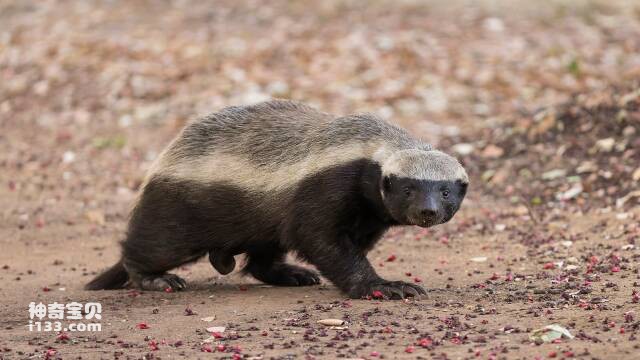
9. Honey badger
The honey badger is the only animal in the genus Honey Badger of the Mustelidae family. The average male body length is 98 cm and the average female body length is 91 cm. They have been included in the Guinness Book of World Records for several years as "the world's most fearless animals". Because of their reputation for being bold and fearless, there are only a handful of zoos in the world willing to house honey badgers. Honey badgers inhabit African tropical rainforests and open grasslands. They usually live solitary lives. They are mostly active at dusk and night, and rest in burrows during the day. Honey badgers usually hunt at night and sleep in caves or rock crevices during the day. However, honey badgers that live in the Sahara Desert of Africa come out to forage during the day and display skilled digging skills.
In addition, honey badgers also suffer from self-mutilation among themselves, especially their cubs. Only half of the cubs will reach adulthood. These self-injurious behaviors may be related to limited food resources and competition for territory. Honey badgers are animals that inhabit African tropical rainforests and open grasslands. They often hunt at night and hide in holes or rock crevices to rest during the day. Although the honey badger living in the Sahara Desert of Africa is special, in most cases, honey badgers are still nocturnal animals.
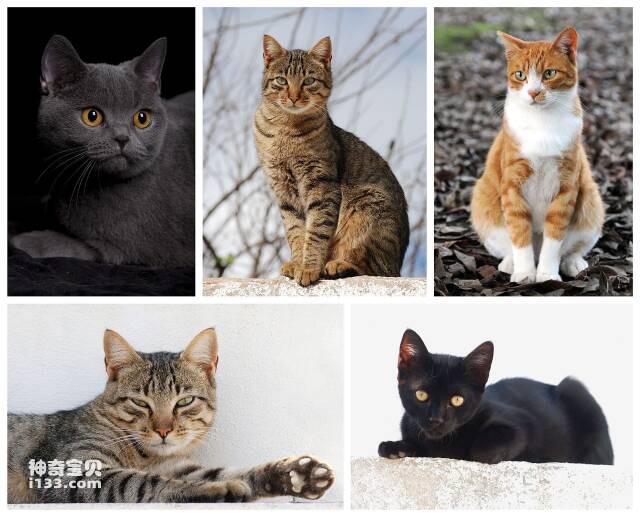
10. Cat
Cat is a kind of creature belonging to the feline family. It is divided into two types: domestic cats and wild cats. It is a common pet in families all over the world. It is speculated that the ancestors of domestic cats originated from the desert cats and Persian cats of ancient Egypt, and gradually developed into modern domestic cats after 3,500 years of domestication by humans. Cats are very agile, agile, and good at jumping. Their food sources include fish, mice, rabbits and other small mammals. The reason why cats like to eat fish and mice is because cats are nocturnal animals and need a lot of taurine to maintain clear vision. Mice and fish contain a lot of taurine, so cats will choose these foods to meet their needs. .
Cats are usually animals that like to move alone. Unlike dogs, they don’t obey their owners’ orders and act in groups. They also don’t have the loyalty and loyalty of dogs.Obedience, paying more attention to one's own needs and feelings, and only interacting or being friendly with others when one wants to. In general, cats are sensitive, alert animals with strong adaptability and are often domesticated as pets by humans. They like to move alone and have their own unique personalities and habits.
The list of the top ten solitary animals is mainly selected based on the well-known solitary animals, and is recommended with comprehensive reference to the Internet-related rankings. The list is for reference only. I hope it can help you understand the top ten solitary animals. helped. If you have any questions, please leave comments and criticisms at the end.
animal tags:
We created this article in conjunction with AI technology, then made sure it was fact-checked and edited by a Animals Top editor.